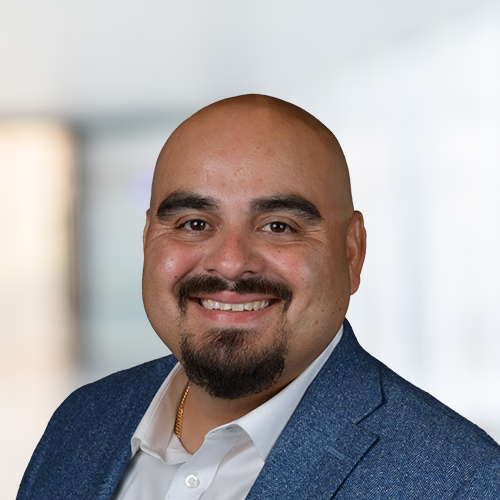What’s Next for Medicaid?
Cuts to Medicaid (also known as AHCCCS in Arizona) and other important programs were recently approved by the House of Representatives, but the fight for Medicaid is far from over.
Approved by the House
The U.S. House of Representatives passed the budget reconciliation bill known as the “One Big Beautiful Bill Act” on May 22 with a 215-214 vote.
Arizona Representatives’ Votes
| Representative | Vote |
|---|---|
| Yassamin Ansari | No |
| Andy Biggs | Yes |
| Juan Ciscomani | Yes |
| Elijah Crane | Yes |
| Paul A. Gosar | Yes |
| Abraham Hamadeh | Yes |
| David Schweikert | Not Voting* |
| Greg Stanton | No |
Medicaid Impacts
Work Requirements and Redeterminations
- Mandatory work requirements for certain Medicaid enrollees, potentially impacting eligibility.
- Requires eligibility redetermination for some adults more frequently, such as every six months.
State Funding Limitations
- Limits the use of state-directed payments and other state funding mechanisms, including provider taxes.
- Reduces the federal matching rate (FMAP) for Medicaid expansion in states that voluntarily choose to expand.
Cost Sharing Penalties
- Requires states to impose cost-sharing on people with incomes above the poverty level who are enrolled in Medicaid expansion.
- There are also provisions that could potentially penalize states that cover certain immigrant groups, particularly those who are not “qualified aliens” or “children or pregnant women who are lawfully residing in the United States”.
Impact on Medicaid Expansion
- The bill’s changes could significantly impact Medicaid expansion states, particularly those that have taken steps to expand coverage for immigrant groups.
- Some analyses suggest that the bill could lead to a reduction in Medicaid enrollment and potentially increase the number of uninsured individuals.
What’s Next?
Now that the House of Representatives has passed the bill, it goes to the Senate, where Senators will debate and, if necessary, amend the bill. If the Senate requires any changes be made to pass the bill, the House and Senate will meet to come to an agreement on any differences. Then the House will have to vote again on final passage before the bill goes to the President to be signed into law.

Many Senators, including Arizona’s Ruben Gallego and Mark Kelly have expressed concerns about cuts to Medicaid and have indicated they intend to change or oppose these cuts. This process gives us the opportunity to continue our advocacy efforts with U.S. Representatives from Arizona as there’s a good chance the bill may end up back in the House for another vote.
How You Can Help
Continue to contact Arizona delegates in the House of Representatives and let them know why Medicaid matters to you.
- Submit a comment here. NOAH will print it on a postcard, address it to the representative for your district, and mail it for you.
- Use our Medicaid Matters Toolkit for sample letters and statements as well as contact information to reach out to your representative by mail, email, or phone.
- Share this information with your family and friends and encourage them to speak up for Medicaid.
More Information
Medicaid and the federal budget process are both complicated topics. Check out this article to understand more about Medicaid and this article to learn how cuts could impact you.


